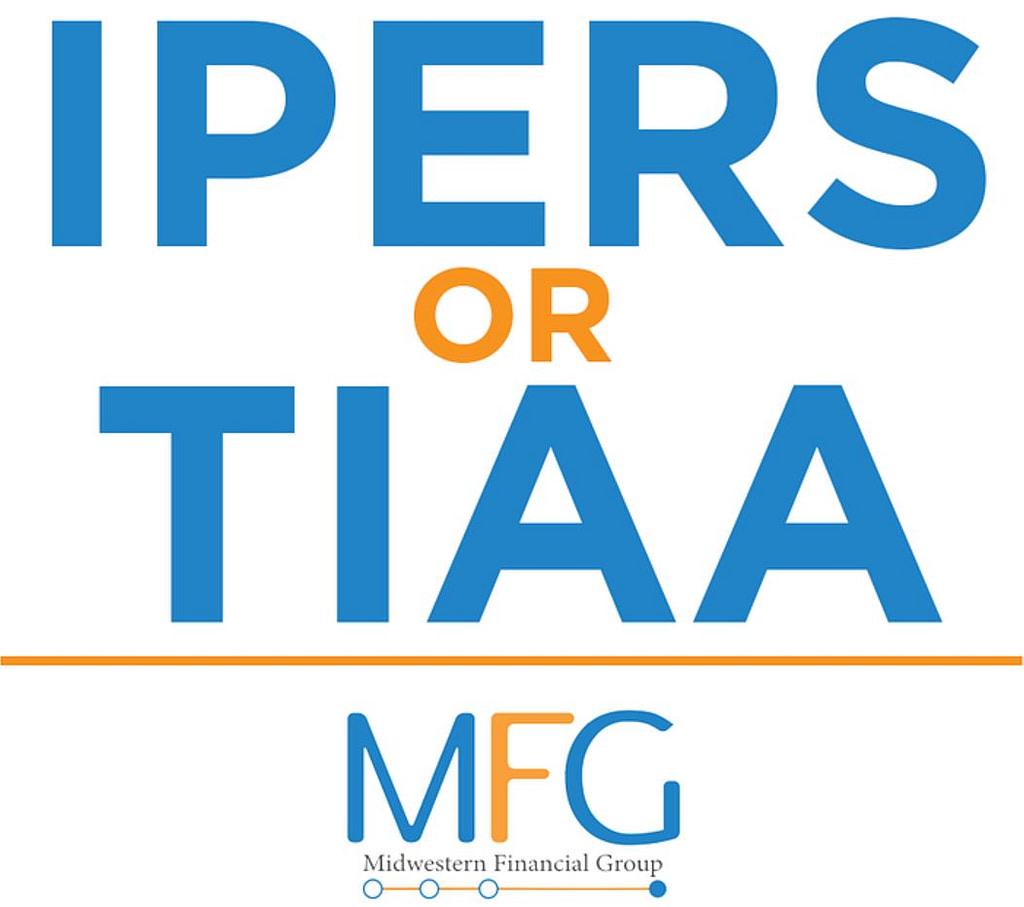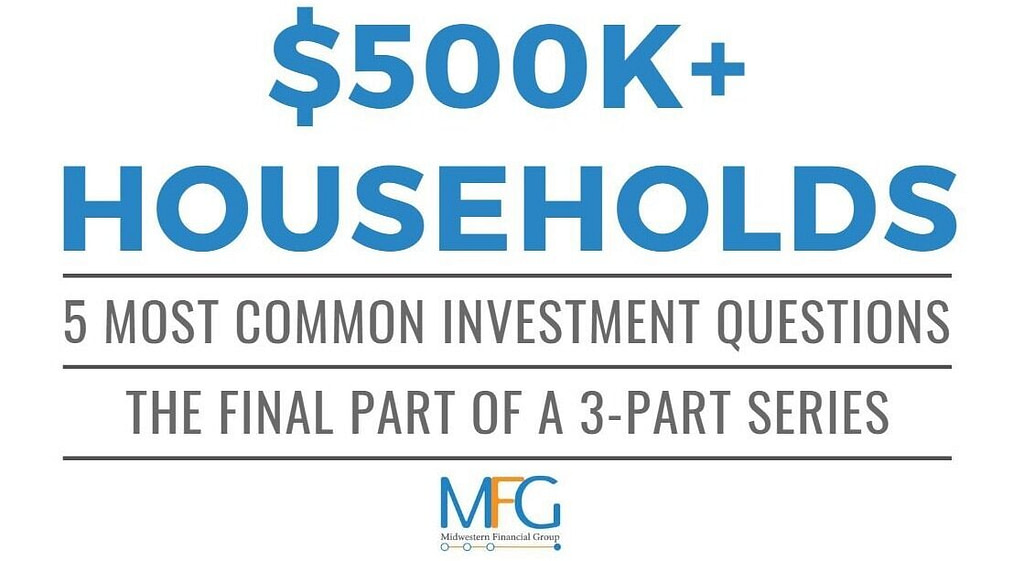
UPDATE: MONSANTO CONFIRMS BAYER BID
Last Thursday, Bloomberg News reported Bayer, the German chemical and drugs group, was in preliminary and internal discussions to buy Monsanto. As soon as the news hit the wires, Monsanto’s stock was up 10 percent in early trading. If this report is indeed true and the courts do not view the acquisition as being in violation of anti-trust laws, this would mark the third blue chip mega deal in the agrichemical space in the last six months after ChemChina acquired Syngenta and DuPont announced its merger with Dow Chemical.
Rumored Deal Insight
According to some estimates the offer could come in as high as $65 billion, a premium of 48 percent over the current market capitalization of Monsanto which is approximately $44 Billion. This deal, if approved by regulators, would create a conglomerate with a combined market cap of $134 Billion. If recent mergers within the agrichemical space serve as an indicator, this deal will likely yield an opportunity for Monsanto shareholders to receive part cash and part equity in Bayer. A quick Google search will yield the results of the 120 year history of Bayer AG.
Of particular interest within the sector is the perceived driving force behind recent consolidation – that of synergies. Simply put, synergies in the realm of mergers and acquisitions embody the opinion that financial value and company performance is greater when all sums of both companies are combined than existing in isolation. The concern for some is that in today’s low growth environment, in particular revenue growth, large mergers offer a real chance for shareholders to realize financial gain as the acquiring company begins to realize these synergies. Often times a substantial sum of these synergies are are byproducts of cost cutting efforts or operational efficiencies.
Of course, a potential merger of this magnitude would be subject to the regulatory scrutiny that the Dow Chemical and DuPont deal faces and China National Chemical Corps’s bid to acquire Syngenta. That said, Bloomberg News reported their sources, consisting of analysts and legal experts, did not feel as if the rumored deal between Bayer and Monsanto would raise significant anti-trust red flags as the two companies products do not have significant overlap.
This is just a rumored merger, but often times where there is smoke there is fire, whether its Bayer or BASF, there is consolidation in the industry proven by the prior deal with Dow and the DuPont agreement. So with certainty the competitive landscape in agricultural products will look differently a decade from now.



